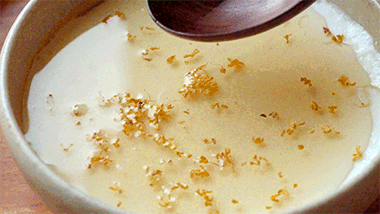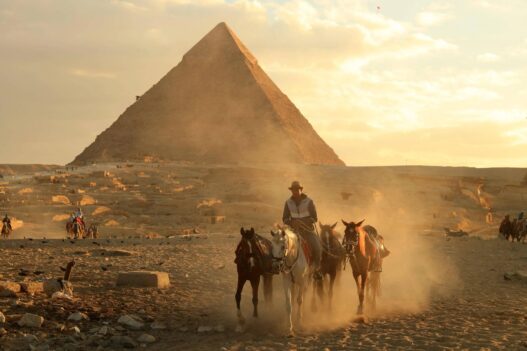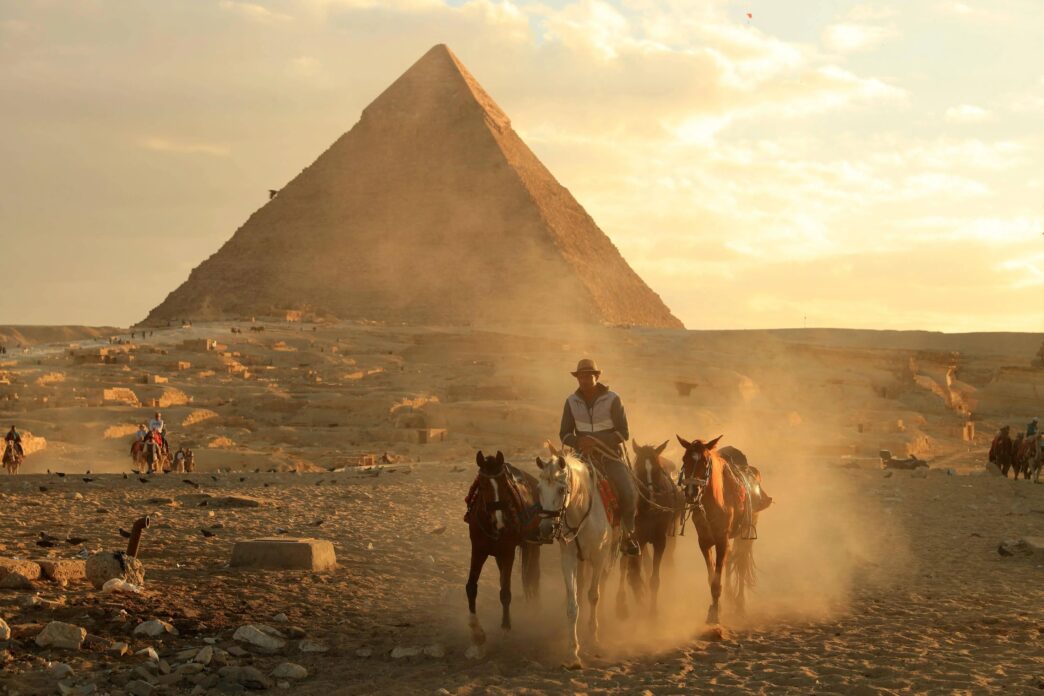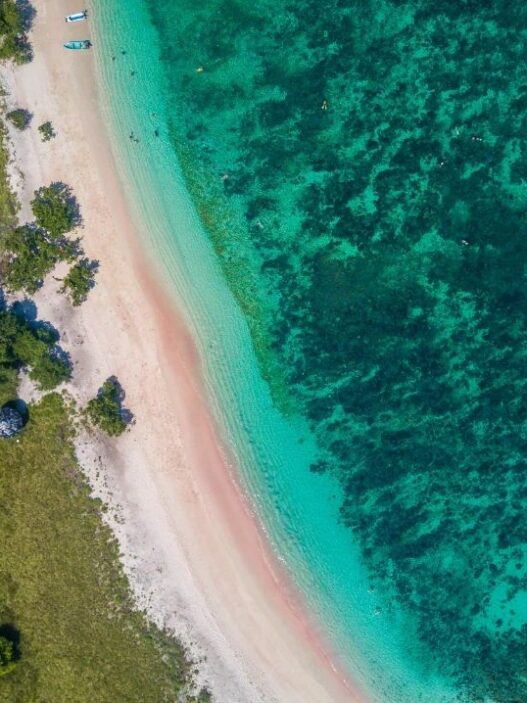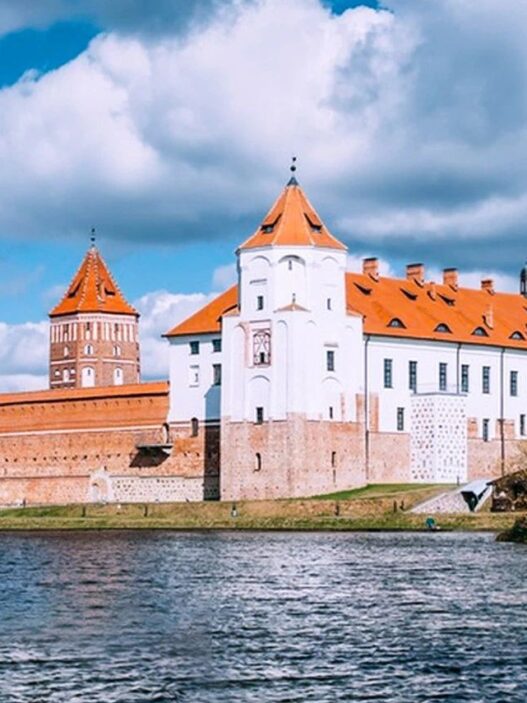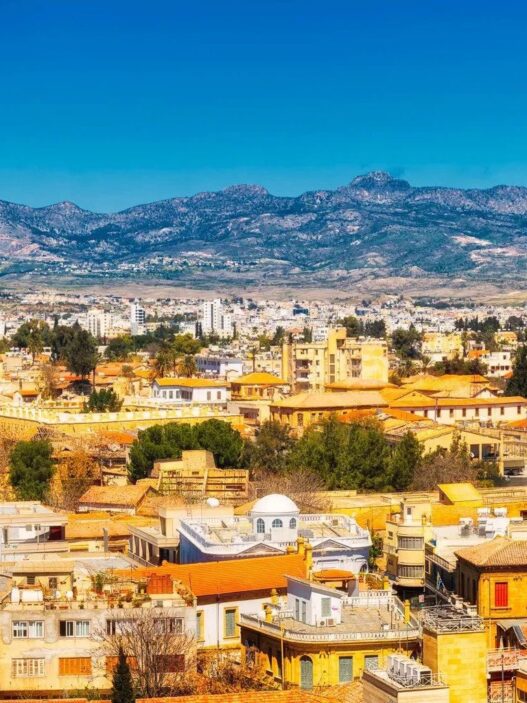Egypt is a country rich in history, culture, and tradition, and understanding its customs is crucial for a pleasant and respectful experience. Here are 7 things you should keep in mind before your trip:
1. Respect the Local Culture
Egypt is a deeply religious country where traditions play a significant role. When in public, it’s essential to dress modestly and behave respectfully. Avoid showing too much skin, especially when visiting religious sites. When you enter mosques or churches, make sure to follow the local customs—cover your body appropriately and remove your shoes before entering a mosque. These practices reflect the local religious and cultural values, so be mindful and respectful.
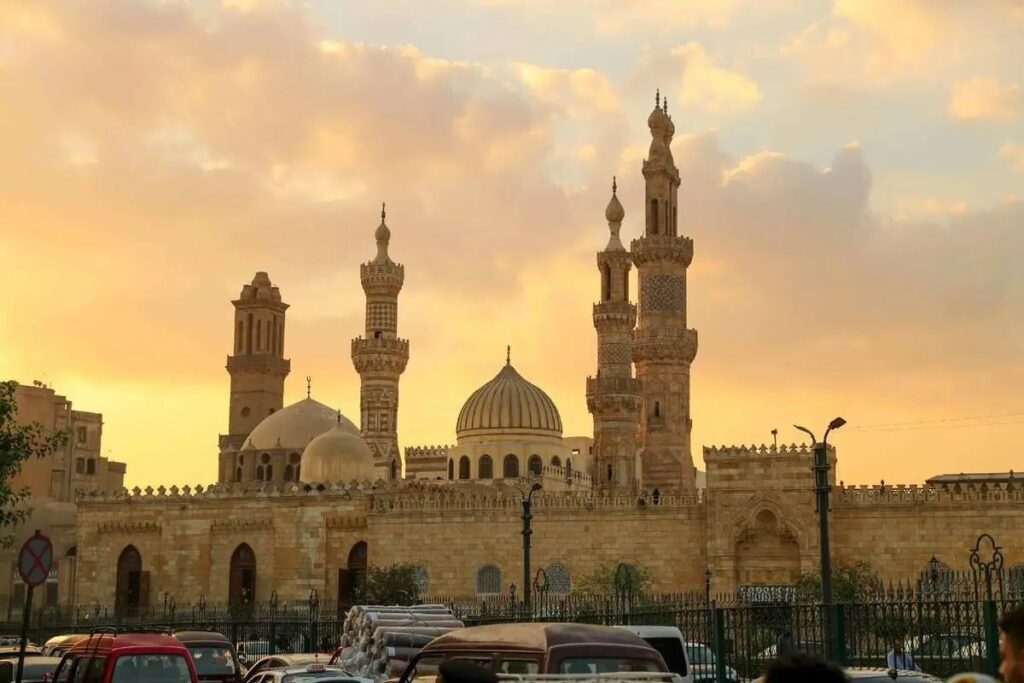
2. The Food Culture
Egyptian cuisine revolves around dishes such as rice, chicken, fish, grilled meats, salads, soups, and pastries. The traditional stuffed rice and meat rolls are a must-try. However, because the majority of Egyptians are Muslim, pork and alcohol are prohibited in their culture. Be mindful to avoid ordering pork or alcoholic drinks to avoid causing offense. Additionally, while tap water is not safe to drink in Egypt and may cause stomach issues, bottled water is widely available and recommended for tourists.
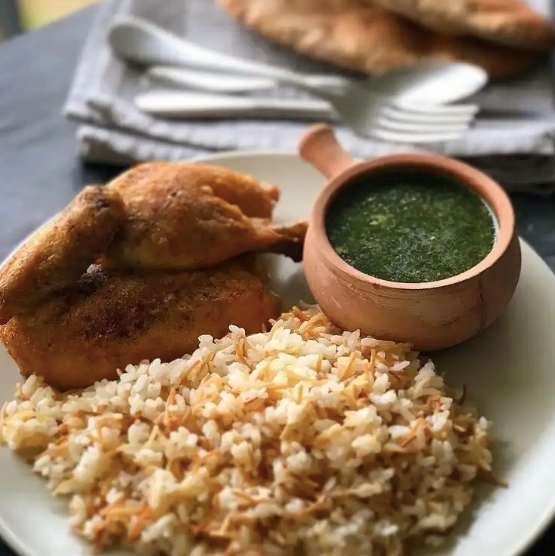
3. Egyptian Currency
The local currency is the Egyptian Pound (EGP). Credit cards are accepted at most hotels and large stores, but they often incur extra fees. You will also find plenty of ATMs to withdraw cash. Euros, US dollars, and British pounds are commonly accepted, but it’s a good idea to carry some Egyptian Pounds for smaller purchases.
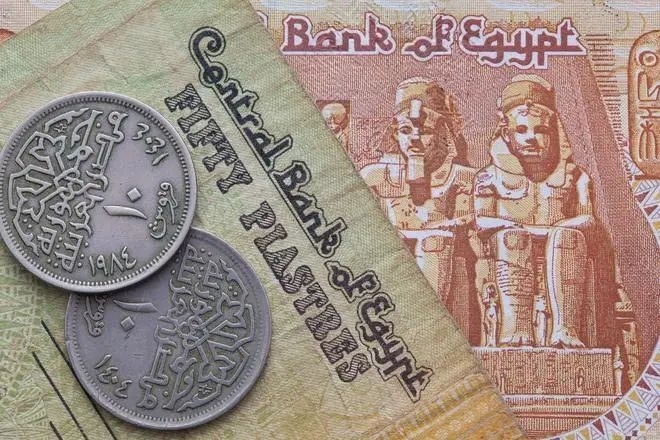
4. Language and Religion
Arabic is the official language in Egypt, although English is widely spoken in tourist areas. Egypt is predominantly Muslim, with about 90% of its population adhering to Sunni Islam. Around 9% of the population is Christian, mainly part of the Coptic Orthodox Church, while the remaining 1% practices other religions.
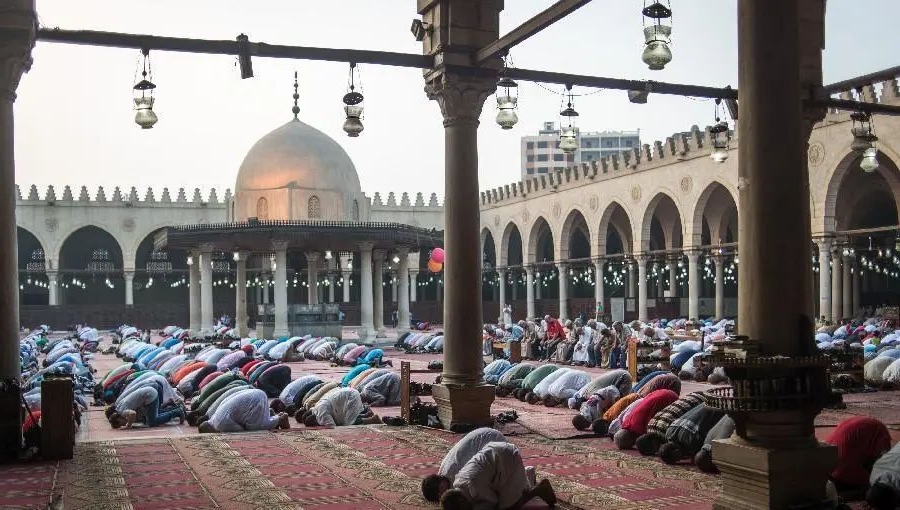
5. Climate and Weather
Egypt’s climate is hot and dry during the summer, with temperatures often soaring above 40°C (104°F). Winters are milder, ranging from 18-23°C, with occasional rain and cooler evenings. No matter the season, be cautious when exposed to the sun as it can be quite intense. The desert areas experience more extreme temperature shifts, so make sure to bring clothing suitable for both hot and cool conditions.
6. Sun Protection
We recommend packing sunscreen with a high SPF that is also safe for coral reefs to protect yourself from sunburn. Additionally, wear a hat, sunglasses, and long-sleeved clothing, and take shelter in the shade whenever possible to safeguard your skin from harmful sun exposure.
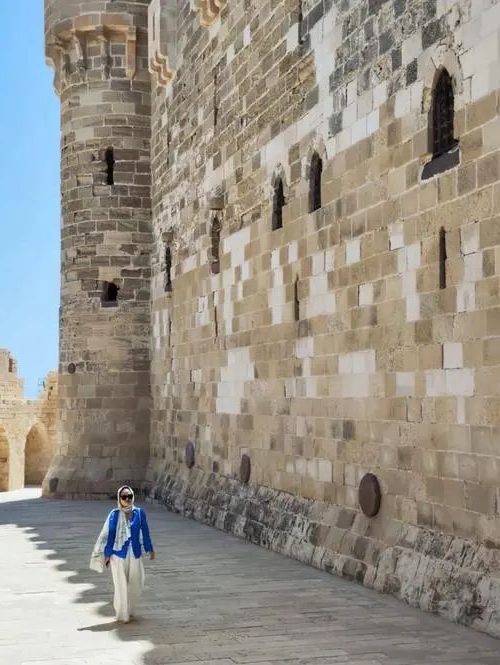
7. Vaccinations
Although no specific vaccinations are required for entry into Egypt, unless you’re coming from or passing through a yellow fever-endemic region, it’s a good idea to ensure your routine vaccinations are up to date (e.g., tetanus, polio, MMR). It’s also wise to consult with a healthcare professional or a travel clinic at least six weeks before your trip for the latest health advice. Rabies is present in Egypt, particularly in rural areas, so avoid contact with stray animals. If you plan to spend an extended period in Egypt, consider getting the rabies vaccine as a precaution.
Note: Travelers from countries with a yellow fever risk or those transiting through airports in yellow fever-risk areas for more than 12 hours will need a yellow fever vaccination certificate.





